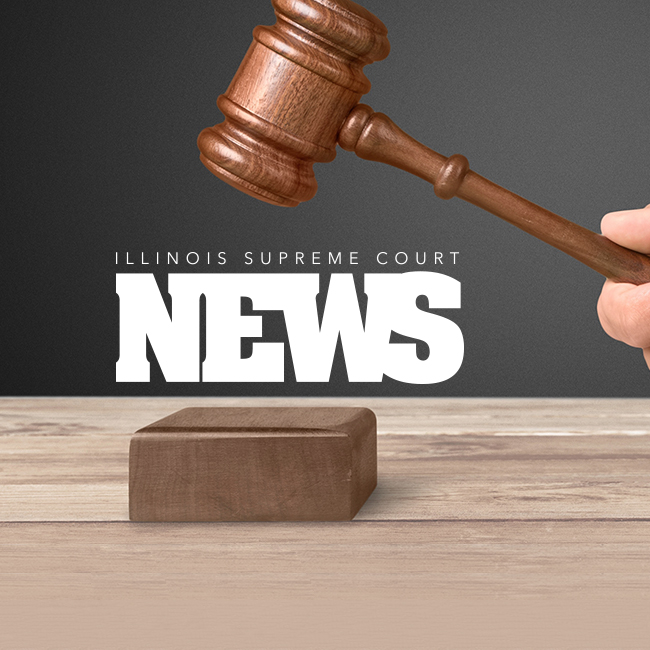Illinois Supreme Court Issues Order Allowing Pretrial Hearings Under the SAFE-T Act to Be Remote When Necessary

Chief Justice Mary Jane Theis and the Illinois Supreme Court announced today an order entered to help the court system implement the pretrial release provisions of the SAFE-T Act, which goes into effect on September 18, 2023.
The SAFE-T Act requires Illinois circuit courts to conduct hearings, in many instances within 48 hours of a defendant’s arrest, to determine whether a defendant should be detained or released with or without conditions. These hearings must be held in-person unless, among other exceptions, the chief judge of a circuit orders the use of a two-way audio-visual communication system due to operational challenges in conducting the hearings in-person. Due to the anticipated volume of investigations and hearings on
pretrial detention beginning September 18 and the current limited resources of circuit courts, state’s attorneys, public defenders, and other justice partners, statewide compliance with the SAFE-T Act will only be possible with the use of two-way audio-visual communication systems.
The order outlines the steps that courts are already taking to address these operational challenges, including adding staff, training existing staff to conduct the investigations and hearings, adjusting court schedules, reconfiguring courtrooms, and planning for disbursement of the fund established by 55 ILCS 5/3-4014 to enhance public defender services. The order permits chief circuit judges to enter local orders approving the operational challenges documented by the Supreme Court and to order these hearings to be conducted remotely where necessary. Local orders must be submitted to the Administrative Office of the Illinois Courts (AOIC), but local plans to reasonably address the operational challenges are unnecessary while the order is in effect.
The order will remain in effect through March 18, 2024. View the order on the Court’s website.
The order was proposed by the Illinois Judicial Conference’s (IJC) Remote Proceedings Task Force, which was reconvened by Chief Justice Theis to review Supreme Court Rule 45 in light of the pretrial release provisions of the SAFE-T Act. The IJC voted to adopt the Task Force’s recommendation and submitted it to the Court for its consideration.
The IJC is charged with considering the work of the courts, suggesting improvements in the administration of justice, and strategically planning for the Illinois judicial branch. The IJC is comprised of 29 voting members: 15 judges and 14 non-judges, with the Chief Justice serving as Chair.

